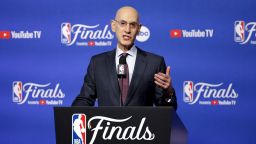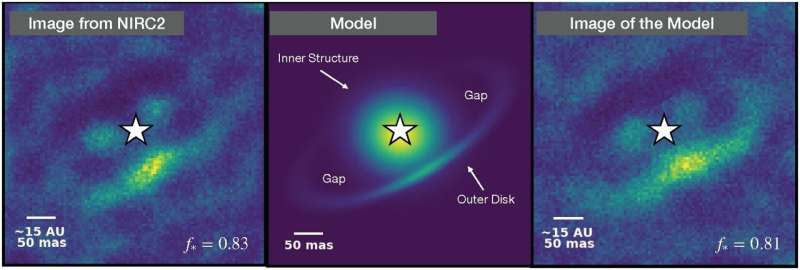The NCAA is set to make a pivotal decision regarding a proposed rule change that would allow college athletes and staff to engage in betting on professional sports. With a deadline looming on November 21, 2023, many in college athletics are skeptical about the proposal’s adoption, with one unnamed coach stating, “There’s no way that happens, right?”
To rescind the proposal, at least two-thirds of the Division I member schools must submit paperwork by 5 p.m. ET on the deadline date. As it stands, 241 out of 361 Division I institutions must respond, and sources indicate that “as of right now, we are not meeting that threshold.” If the necessary responses are not received, the rule allowing betting on professional sports will take effect on November 22, 2023.
For years, college athletes, coaches, and staff have been prohibited from wagering on any sport that the NCAA oversees. While betting on horse racing was permitted, sports like baseball, football, basketball, and hockey were off-limits. The NCAA argues that this prohibition no longer aligns with the realities of the current sports environment, particularly as sports betting becomes increasingly legal and accessible in various states.
Roberta Page, director of athletics at Slippery Rock University and chair of the Division II Management Council, stated, “This change recognizes the realities of today’s sports environment without compromising our commitment to protecting the integrity of college competition or the well-being of student-athletes.” Importantly, betting on college sports will remain prohibited under this proposed change.
The decision to delay the initial implementation of the rule, originally set for November 1, 2023, was influenced not only by the lack of support but also by recent accusations of corruption within sports. Just prior to the announcement, federal authorities unveiled an indictment tied to two separate gambling schemes involving rigged poker games and point shaving. This controversy implicated members of three New York crime families, two NBA players, and an NBA head coach.
In response to the unfolding situation, Greg Sankey, commissioner of the Southeastern Conference (SEC), urged NCAA President Charlie Baker to reconsider the proposed change. In a letter obtained by ESPN, Sankey emphasized the need for the NCAA to maintain strong standards that keep college participants separate from sports wagering at every level.
Three days after Sankey’s letter, the NCAA announced a delay in its decision-making process. This postponement was due to the fact that less than 75 percent of cabinet member votes favored the change, triggering an automatic 30-day rescission process. Notably, of the 20 cabinet members who voted, two representatives from the SEC supported the proposal, despite their commissioner’s objections.
In the weeks following the NCAA’s announcement, the sports landscape continued to be marred by allegations of game-fixing. Two Major League Baseball pitchers faced indictments for their involvement in rigging games, while six college basketball players from three different institutions received permanent bans from NCAA competition due to similar offenses.
On November 16, 2023, the New Jersey Attorney General’s office revealed that 14 individuals, including student-athletes, were charged for operating an illegal online sports betting ring linked to the Lucchese crime family. This series of events has raised further concerns over the integrity of college sports and the potential implications of allowing college athletes to engage in professional sports betting.
As the NCAA approaches its deadline, the debate over the proposed gambling rule continues to unfold, highlighting the tensions between evolving sports betting laws and the traditional values of college athletics. The outcome of this decision could have far-reaching implications for the future of collegiate sports and the integrity of competition at all levels.







